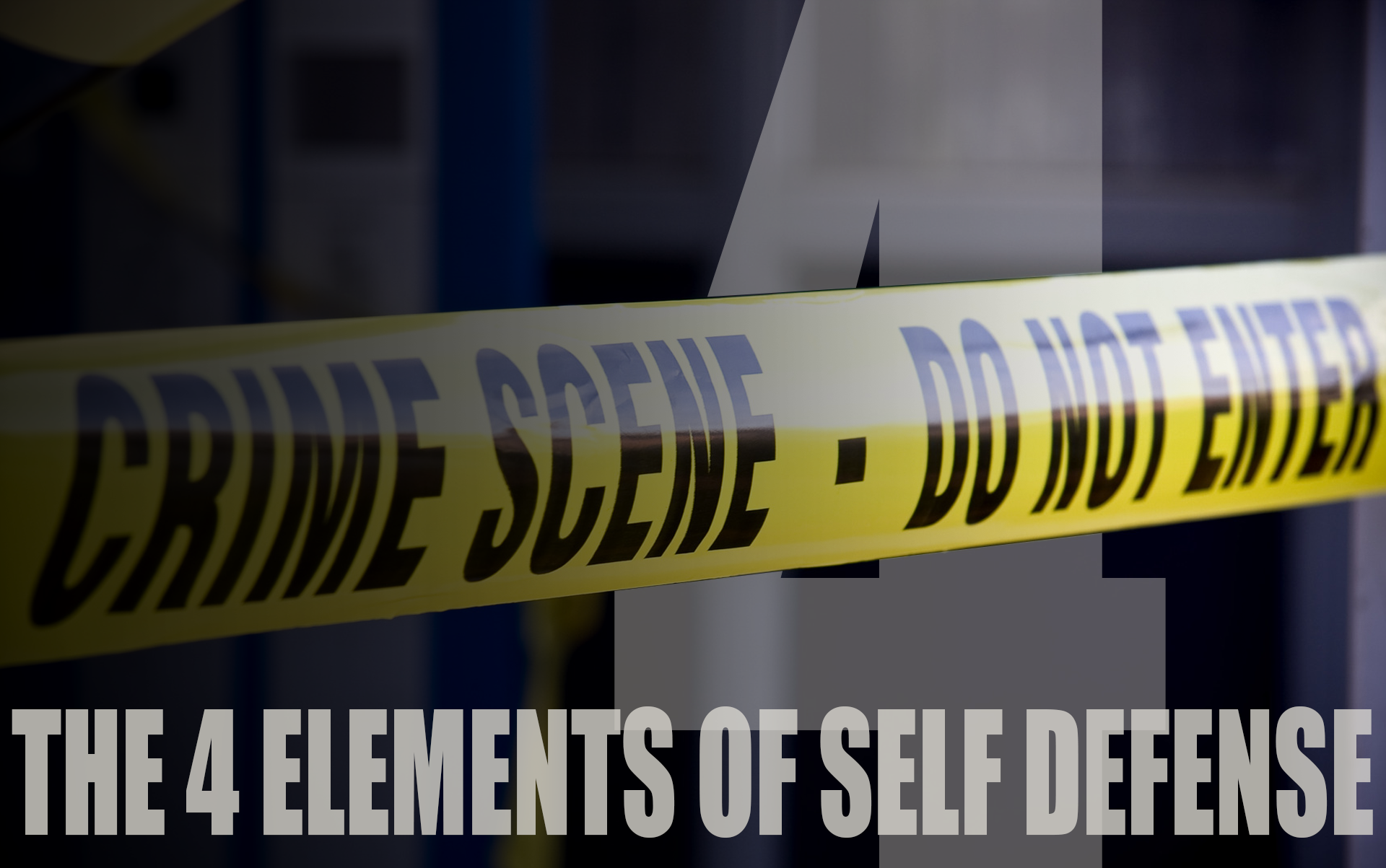
Posted on October 23, 2017 by support@ccwsafe.com in Shawn Vincent
The Four Elements of Self Defense: Escalation
The Four Elements of Self-defense
We are in the middle of a new series of articles looking at high-profile self-defense cases, and we’re going to breakdown how location, escalation, reasonable fear, and post-shooting actions affected the legal defense, and ultimately how it influenced the decision regarding whether a particular shooting was justified or not. This week, we’re following up with the second element- Escalation.
As a litigation consultant, I have worked with criminal defense lawyers on many self-defense cases. Some have been high-profile cases with reporters in the courtroom, and others have been much quieter affairs with just the lawyers, the judge, and the jury in attendance. One thing I’ve learned is that no two self-defense cases are alike. They all have different “fact patterns,” as the lawyers say. That is why it is difficult to give guidelines about when a shooting is justified and when it is a crime. The best we can do is look at a number of cases after the fact, and dissect what the shooter did right, and what the shooter did wrong.
I’ve identified four elements to a self-defense case that have been important in every trial I’ve witnessed. They are: the location of the shooting; the escalation of conflict; reasonable fear; and what the shooter did immediately following the shooting.
The Second Element: Escalation
Virtually every self-defense case begins with a conflict that escalates to the point of violence. And in virtually every self-defense case, there are choices made that either escalate or de-escalate the conflict. While the castle doctrine and “stand-your-ground” remove the duty to retreat from some self-defense claims — cops, judges, and juries are still free to judge a shooter for every action taken to escalate a conflict, and even every missed opportunity to de-escalate. Marissa Alexander had the opportunity to escape an abusive estranged husband through the garage, but instead she came back in the house with a gun, and she served jail time for firing a shot that didn’t hurt anyone. We’ll dive deeper into the case of Gyrell Lee, currently serving time for shooting Quintin Epps just moments after Epps killed Lee’s cousin (earlier in the evening, Lee had fetched his gun anticipating a conflict). And we’ll look at Michael Dunn, defendant in the “Loud Music Trial” in Jacksonville, Florida, who shot Jordan Davis after a confrontation over the volume of a car stereo.
If you missed last weeks article on location, check it out. Next week we will continue talking about these elements, discussing reasonable fear.

Shawn Vincent
Litigation Consultant
Shawn Vincent is a litigation consultant who helps select juries in self-defense cases, and he manages public interest of high-profile legal matters. If you have any questions for Shawn, or would like more articles like this, let us know below!